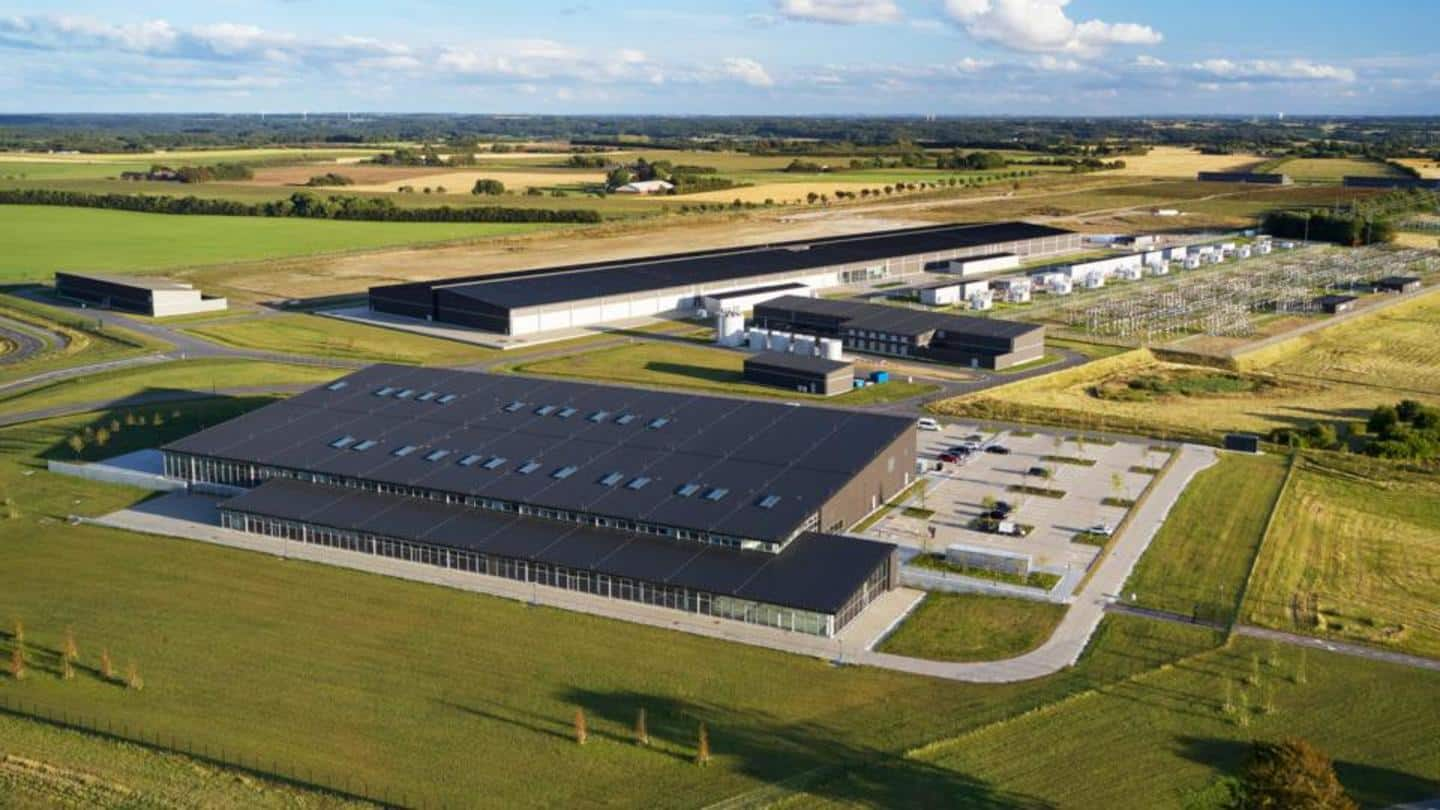
Apple quietly headhunts top cloud computing talent; Hints at self-reliance
What's the story
Apple has reportedly been headhunting high-profile cloud computing engineers, while focusing on engineers specializing in container and Kubernetes technologies. These form the building blocks of cloud computing infrastructure underpinning Amazon Web Services (AWS) and Microsoft's Azure.
This could be Apple trying to end reliance on Amazon and Google for its cloud computing needs, or it could even be preparing to compete with them.
Amazon beware
Apple could be planning to enter the cloud infrastructure space
Apple had announced plans to invest $10 billion in its data centers back in 2018. This involved adding physical servers and associated data center logistics to shore up its existing infrastructure over five years.
The company is AWS's largest customer, while additionally relying on Google for cloud computing support. The new hiring development opens up the possibility that Apple itself might enter this space.
Headhunting
Scalps top cloud talent from Google and Amazon Web Services
The new hires include Michael Crosby—a prominent ex-Docker engineer behind the success of containers in its current form, which is an essential aspect of app virtualization on the cloud.
Apple also scalped Arun Gupta and Maksym Pavlenko from AWS to lead its open-source efforts and container services. Francesc Campoy is an ex-Googler who will help Apple with Kubernetes.
Details
Shoring up internal development with new architecture
Apple has remained tight-lipped about its new hires, but numerous job postings indicate that it might be building new distributed computing-focused tools for its internal development teams.
Protocol notes that Apple's engineering teams are allegedly operating "in a state of tumult" owing to their time and effort being spent fixing broken internal software. The new hires have the skill-set to address this issue.
Taking control
Taking control of its internal development and cloud computing infrastructure
Apple's interest in containers and Kubernetes stems from flexibility they offer to development and resource management. Having an in-house team of experts in the technology will allow Apple to deploy efficient internal development tools that will yield rich dividends in terms of speed and efficiency.
This is a classic Apple move meant to take control of its cloud computing backend.